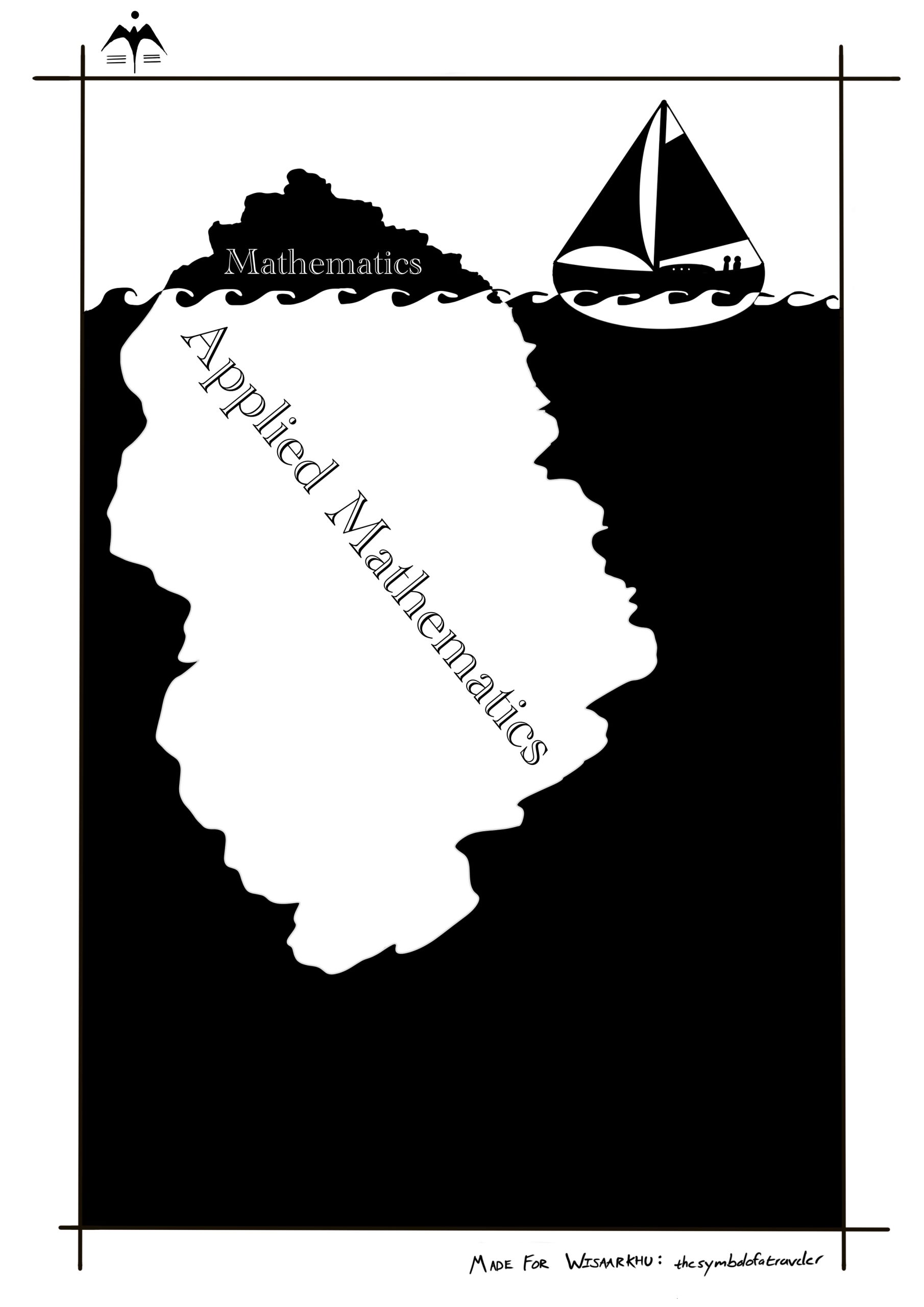Lian shares his academic and life experiences linked to mathematics and comments on both the abstract and numerical side of mathematics.
My experience
In primary school, concepts in Mathematics were quite simple, but intimidating. The start of algebra was difficult. What it was used for in the real world was not very clear. It was only till grade 11 that I had a decent idea of what algebraic equations could represent. These equations were mainly used to construct graphs. It was in Physics that we saw how these graphs can be used to represent acceleration, velocity, and displacement relative to time. Trigonometry was also used in physics to perform calculations with regard to forces (square boxes on slopes).
Primary school and high school mathematics were just the tip of the iceberg. University revealed the scope of mathematics. I found the numerical, conceptual, and abstract side of Mathematics. It was a test of a person’s ability to reason and conclude. Applied Mathematics showed us how to use mathematics to model the growth of fungi, the decay of a radioactive molecule, predator versus prey numbers, hydrodynamics, relative displacement/velocity/acceleration in a 3D space, etcetera. Hence the word ‘applied’ in the name ‘Applied Mathematics’. Mathematics in general, focuses on the concept and abstract side of mathematics. This was something completely new. A structure for proof-writing and a way to logically conclude things based on starting assumptions was given. But with this new foundation on proof-writing and logical thinking, a professor pointed out a logical conclusion within our model that disproved my view of mathematics.
I always assumed that mathematics had no flaws or gaps. I worked in absolutes. In academics and in life in general. In Mathematics 278 we were working in the Natural Number System. We came upon the discussion of proving truth within the axioms and definitions we knew. We soon realized that it was impossible to prove truth, because to prove truth, we require the usage of truth in the proof. We cannot use what we have not constructed yet. Something I felt uncertain about was the concept of faith. The professor (the coordinator and lecturer for Mathematics 278) pointed out that we as students have faith in mathematics that its conclusions are robust, truthful and would bear fruit. The ideology of absolutes fell apart. It led to some changes in my perception about mathematics and life in general. Within the methods of Abstract Mathematics, we receive tools to reason and conclude that can extend beyond mathematics. In mathematics, understanding the problem/topic is everything. If we do not understand the entire scope of the problem, then we cannot solve the problem with certainty. Same statement can be made for our social lives. I have had difficulty in socializing and maintaining friendships due to self-doubt and not understanding or knowing a person’s intention. My idea on how to maintain friendships was flawed. Admittingly it was thanks to very patient friends that I was able to extend my toolset on my social life that was less flawed (still learning).
I am still learning new uses of Mathematics. The beauty of it is its scope. From life lessons to numerical calculations in the developing and ever-expanding world.
Is it for everyone?
Interpreting Mathematics and applying it is a skill. Skills require us to sacrifice our time to learn them. I believe that everyone is capable of understanding and applying mathematics. The supporting reason to why people feel uncomfortable about it is its stereotypical difficulty. Yes, it is difficult, but not impossible. Resources, such as time, study material, experienced tutors who can articulate themselves properly, and the will to learn are required. I believe Mathematics to be a necessity. Especially the abstract side. This will teach people to think, reason, and conclude that is not limited to mathematics. It could help them in difficult times and help them make well-thought-out decisions that could prevent horrible mistakes.
Should changes be made to the way it is taught?
I believe more focus on the application of the concepts of Mathematics would help us understand the concepts themselves. Studying the origins and construction of a concept is invaluable. The one field I think is completely lackluster in primary and high school is Abstract Mathematics. That ability to reason and solve a complex problem is a wonderful skill to learn because it can be applied to other subjects (Accounting, Physics, Chemistry, EGD, IT, Biology) in primary school and high school. It is a transferrable skill.

Lian Cutler
Year 3 BSc (Mathematical Science Student, Stellenbosch University


